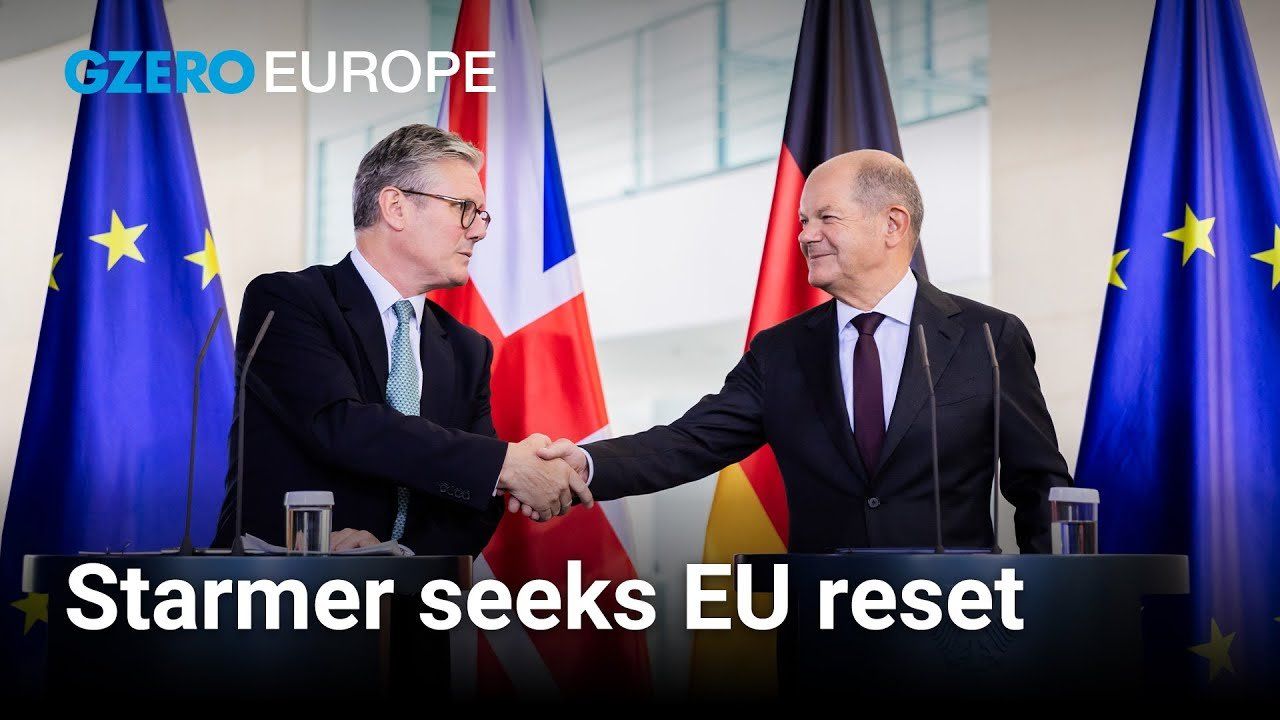
Carl Bildt, former prime minister of Sweden and co-chair of the European Council on Foreign Relations, shares his perspective on European politics from Tabiano Castello in Italy.
What is motivating the Starmer UK government from seeking new security treaties with Germany and with Paris?
Well, it has to do essentially with Brexit, trying to mitigate the consequences of that and reengaging with European countries. That has tended to focus more on security issues. We'll see what's going to be the content of it. But in economic terms, as long as one excludes what the UK government does, going back into the single market and going back into Customs Union, to mitigate the economic consequences, a damaging one of Brexit, has got to be very difficult. It's a small step, but a good one.
What is the effect of Italy's very restrictive policies on migration and what's happening in the Mediterranean on the migration flows across the Mediterranean?
Yep, it's true. The Meloni government is taking a very restrictive approach, confiscating or impounding humanitarian relief boats, which is very controversial and heavily criticized. But the effect has, of course, been a significant drop in the number of people arriving. While last year, at this particular time, up until this time, it was 112,000 people arrived on the shores of Italy. Now that figure is down to 40,000. But several thousands have disappeared into the Mediterranean.